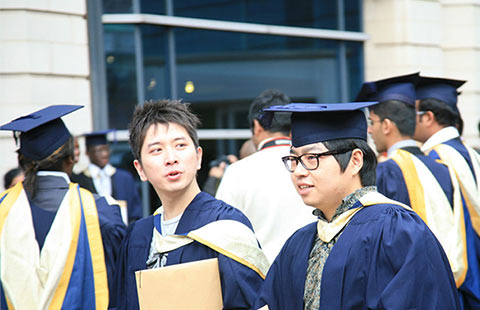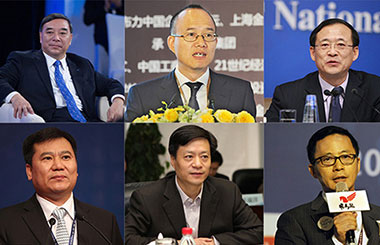China's 12th Five-Year Plan achievements a milestone for centenary goal
(Xinhua) Updated: 2015-10-26 08:46"Chinese goods and investments have spread across the world, and China's influence on world economy will continue to rise," said Valikhan Tuleshov, director of the Institute for Regional Development of Kazakhstan's International Academy of Business.
On Wednesday, China's central bank announced it had issued 5-billion yuan-denominated notes in London, in the first offshore issuance of such debts outside China, an important move to promote the yuan's globalization strategy of increasing its presence in the global bond market.
China has also entered a "new normal" with slower but more balanced and sustainable economic growth. The new situation is a result of long-term efforts to transform economic growth mode and restructure the economic frame, which will provide more impetus for future development.
"Chinese economic development has entered a new phase of relying on quality and innovation instead of export and investment," said economist Chen Dongqi, vice president of the Academy of Macroeconomic Research of the National Development and Reform Commission.
Higher living standards
"To meet the people's desire for a happy life is our mission," President Xi Jinping vowed when he became general secretary of the CPC Central Committee in late 2012.
Despite increasing pressure from slowing economic growth, the Chinese government has spent more than 70 percent of its fiscal revenue in improving the people's lives.
During the past five years, urban unemployment rate has been kept at a low rate. The Chinese average life span has been lifted by one year, and almost all Chinese people have been covered by medical insurance.
China was the first developing country to meet the Millennium Development Goals (MDGs) target of reducing the population living in poverty by half ahead of the 2015 deadline. The Chinese population below the poverty line has decreased by 100 million.
To improve living conditions, infrastructure and public services have been improved in rural areas. More people in poverty-stricken regions have enjoyed better houses, cheap electricity, clean water, improved medical services and education.
The central treasury allocated 480 billion yuan ($76 billion) for subsidizing people in need, and more than 32.3 million houses have been or are being built for low-income groups.
Last year, more than 100 million people traveled abroad and they spent more than one trillion yuan during their foreign travels.
- Covestro chief bullish on China
- ICBC helps investors abroad
- China's rate cut to promote growth
- Fundamentals of China's economy remain unchanged: expert
- Slowing sales at Canton Fair offset by quality
- Tampon makers seek breakthrough in Chinese market
- Sellers' target: Discerning Chinese consumers
- Avoid deals too good to be true, tourists told














